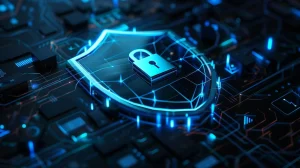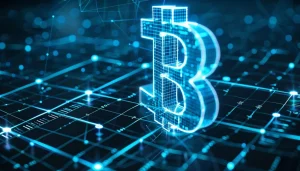Blockchains, Tokens, and The Decentralized Future
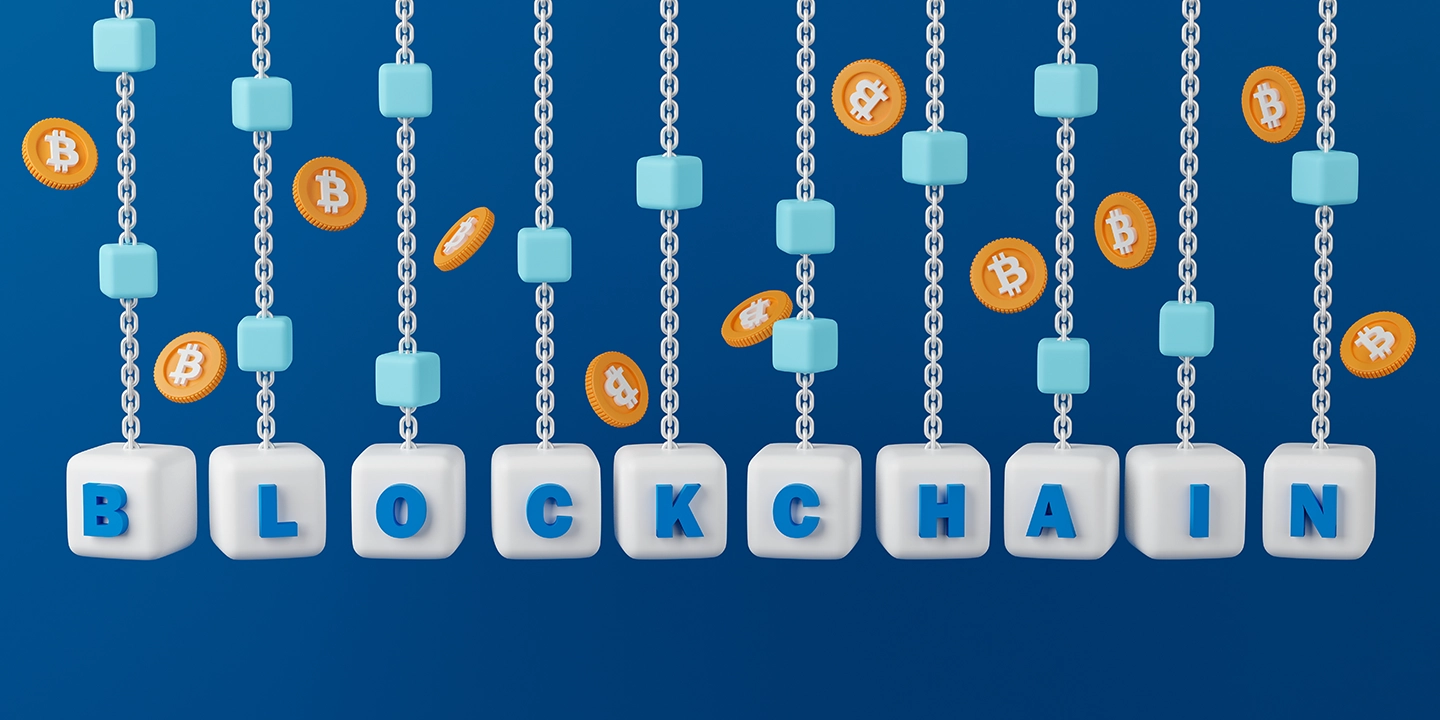
Table of Contents
Today, we live in a digital era where technology has become an essential ingredient. From redefining how we interact with each other and the world to revolutionizing currency, it does it all.
The internet, artificial intelligence, and blockchain technology have created a more connected and efficient world. These digital tools are now a crucial part of many areas, such as banking, healthcare, etc. They help bring forth new ideas and improve experiences.
In today’s article, we explore everything we must know about blockchains, tokens, and the decentralized future, unpacking how they are reshaping the way we live and interact in this era! Let’s dive in.
What Is Blockchain?

Blockchain is a type of digital technology that securely records information across a network of computers.
Unlike the previous databases, where one central authority controls the data, blockchain uses a decentralized system. This means no single person or company has full control.
Imagine you and your friends ordering pizza. Each friend gets a copy of the receipt. If one person tries to change the price or what they ordered, the others still have the original receipt to compare. This is how blockchain works.
It’s made up of blocks, each containing a set of data that is linked to the previous block, which forms a chain.
This setup makes the data nearly impossible to alter. Thus maintains robust transparency and security.
Blockchain is the foundation behind cryptocurrencies like Bitcoin, but its uses go far beyond. From your local bank to the nearest hospital, it is everywhere!
What Are Tokens?
Moving on to the tokens, they are digital assets that represent something of value in a blockchain system.
Imagine tokens as a digital version of a movie ticket. Just like a movie ticket lets you watch a film, a token can give you access to a product, service, or even voting rights on a digital platform. They hold value and can be traded, stored, or used within that system, in a variety of ways.
Tokens are commonly used in blockchain systems, like cryptocurrencies and decentralized apps. They help make transactions and show ownership or participation in a project or service.
What Are Crypto Coins?
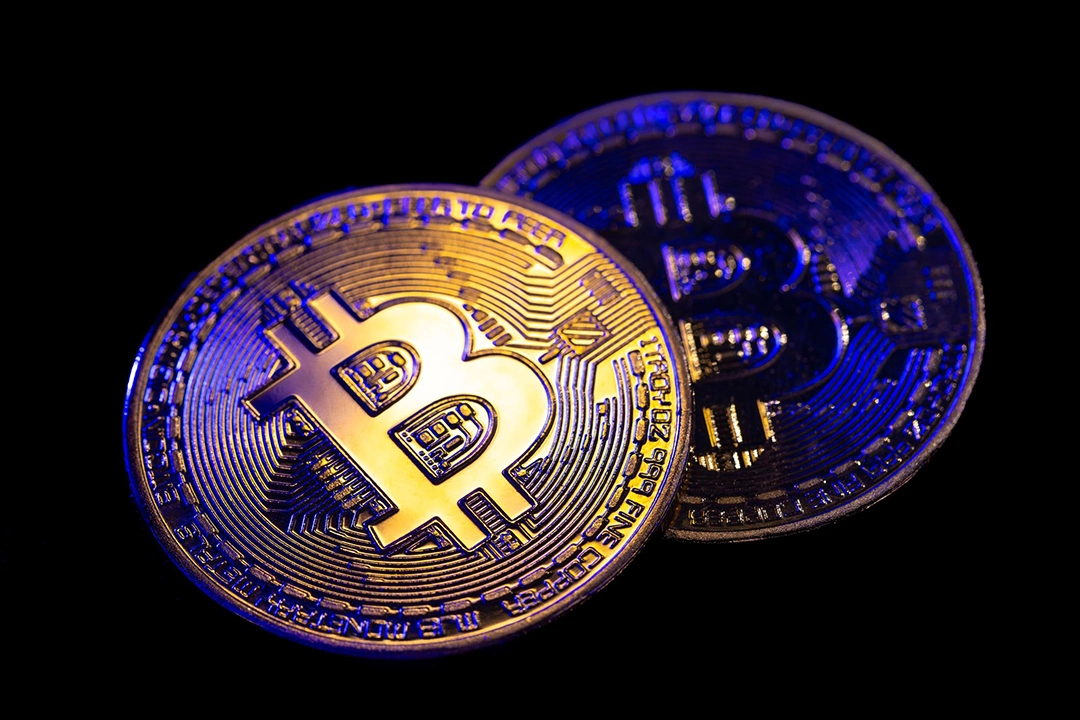
Crypto coins are digital currencies that make use of blockchain technology.
Unlike traditional money, they exist only online and are decentralized, meaning no government or central bank manages them.
Some of the popular and older examples include Bitcoin, Ethereum, and Litecoin. You also have the MFEV coin that’s newer and more efficient. People use crypto coins to buy goods and services, trade them for profit, or hold them as investments. Each coin comes with its own set of unique features and uses. If you are someone who values privacy, security, and independence from traditional banking systems, this is for you. Crypto coins can be bought and sold on various online exchanges.
Difference Between Crypto Coins and Tokens
Crypto coins and tokens are both types of digital currencies, but they have different purposes and features.
Crypto Coins
These are the main currencies of their own blockchains. For example, Bitcoin and Ethereum are crypto coins. They are used for buying goods and services or as a store of value. They often have their own blockchain technology that supports their transactions.
Tokens
These are created on existing blockchains, like Ethereum. Tokens can represent different uses, such as loyalty points, access to services, etc. They don’t have their own blockchain and rely on the pre-existing blockchain for transactions.
What Is Decentralization and Its Impact
As aforementioned, decentralization is the process of distributing power and control away from a central authority.
Instead of one person or organization making all the decisions, control is shared among many different people or groups. This approach encourages more participation and can lead to fairer and more transparent choices.
With regard to technology like blockchain, decentralization means that no single entity controls the system. This can make systems more secure and trustworthy because everyone involved has a say.
The impact of decentralization can be significant. It makes way for innovations in finance, governance, and other areas. For example, decentralization enables direct transactions between people without banks acting as middlemen. This lowers fees and makes financial services easier to access.
MFEV Blockchain shows decentralization with its Proof-of-Distribution (PoD) model. In a peer-to-peer lending app, validators secure the network, delegators support them, and smart contract creators earn fees. This setup shares control and rewards among users. Thus, it leads to active participation in building an inclusive financial system without a central authority.
Uses of Blockchain and Tokens
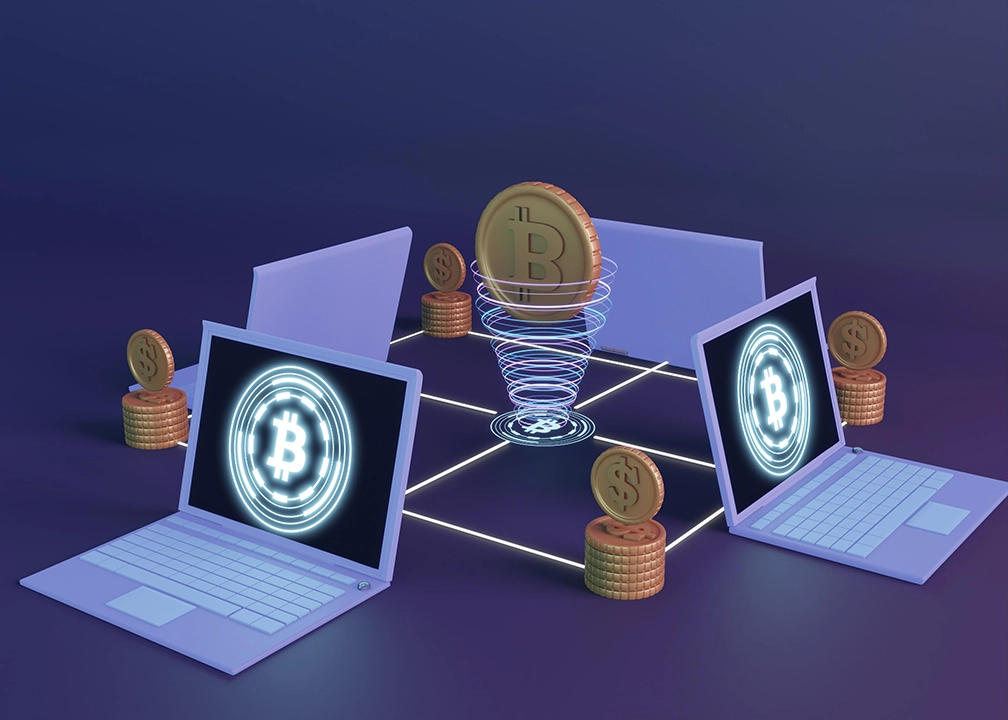
Blockchain and tokens have many practical uses. Here are a few!
Cryptocurrencies
Crypto is something we have all heard about. Thanks to blockchain technology, we now have digital currencies that let people make online transactions without banks.
Supply Chain Management
Blockchain helps track products from the manufacturer to the consumer in a hassle-free manner. This increases transparency and reduces fraud, as everyone can see the journey of a product.
Smart Contracts
These are self-executing contracts with the terms written into code. They automatically carry out agreements when conditions are met. Therefore, there is no need for middlemen.
Digital Identity
Blockchain can store and verify personal information securely. This gives us control over our identities and makes it harder for identity theft to occur.
Tokenized Assets
Physical assets like real estate or art can be turned into tokens, which allows fractional ownership. This makes it easier for more people to invest in high-value items without breaking the bank.
Why Decentralization Is Essential
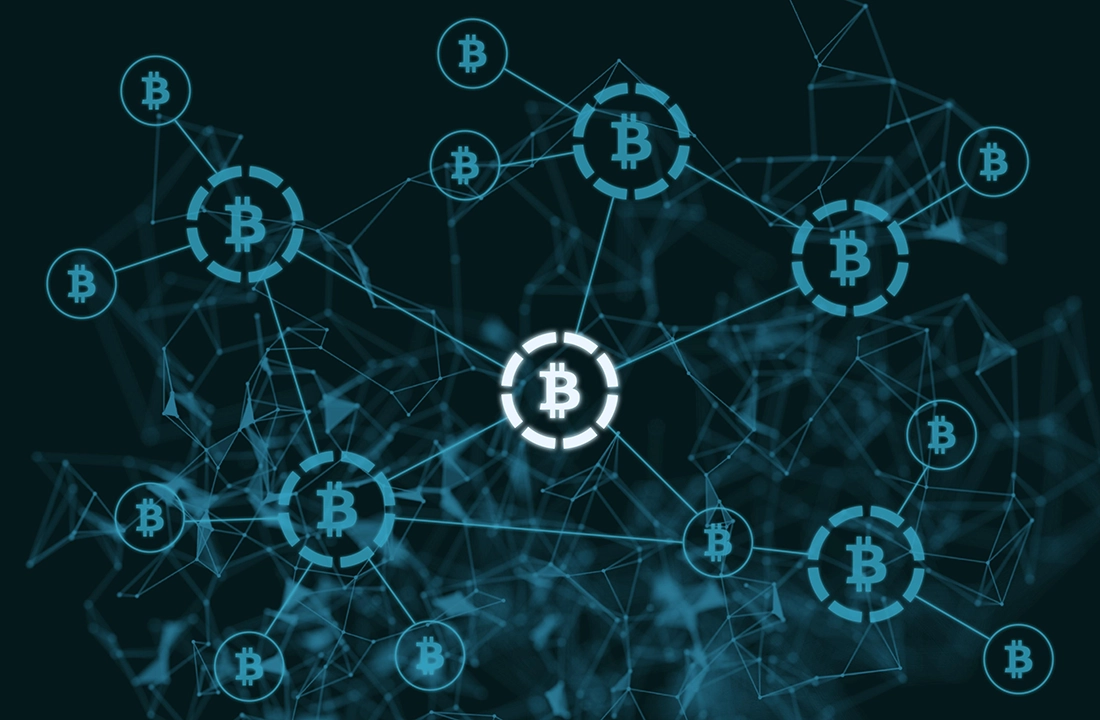
Decentralization is essential for several reasons:
Increased Trust
When power is spread out, people can trust the system more. There’s no single authority that can manipulate the data, which leads to better transparency.
Empowerment
Decentralization gives you more control over your resources and decisions. This means people can participate actively in the system rather than relying on a central authority.
Security
With no central point of failure, decentralized systems are harder to attack. If one part of the network is compromised, the rest can still function normally.
Innovation
There are various participants who contribute and create, hence, decentralization makes way for innovation. You can develop new ideas and solutions without waiting for permission from a central authority.
Accessibility
Decentralized systems can make services available to more people, especially in areas where traditional systems are lacking. This can lead to financial inclusion and access to resources for everyone.
Conclusion
As you can see, blockchains and tokens are paving the way for a decentralized future.
They offer secure and transparent ways to handle transactions, which gives us all more control over our money and data. As we embrace these technologies, we can expect to see greater trust, innovation, and accessibility in most areas of our lives!
This shift towards decentralization has the potential to change how we interact with each other and the world.
MFEV Blockchain is a great example of this change, where it brings you a secure platform that gives users more power.
By embracing decentralization, MFEV is helping create a fairer system for everyone. It is designed for scalability, security, and user engagement, which transforms industries through innovative blockchain solutions. For more, visit https://mfev.io


